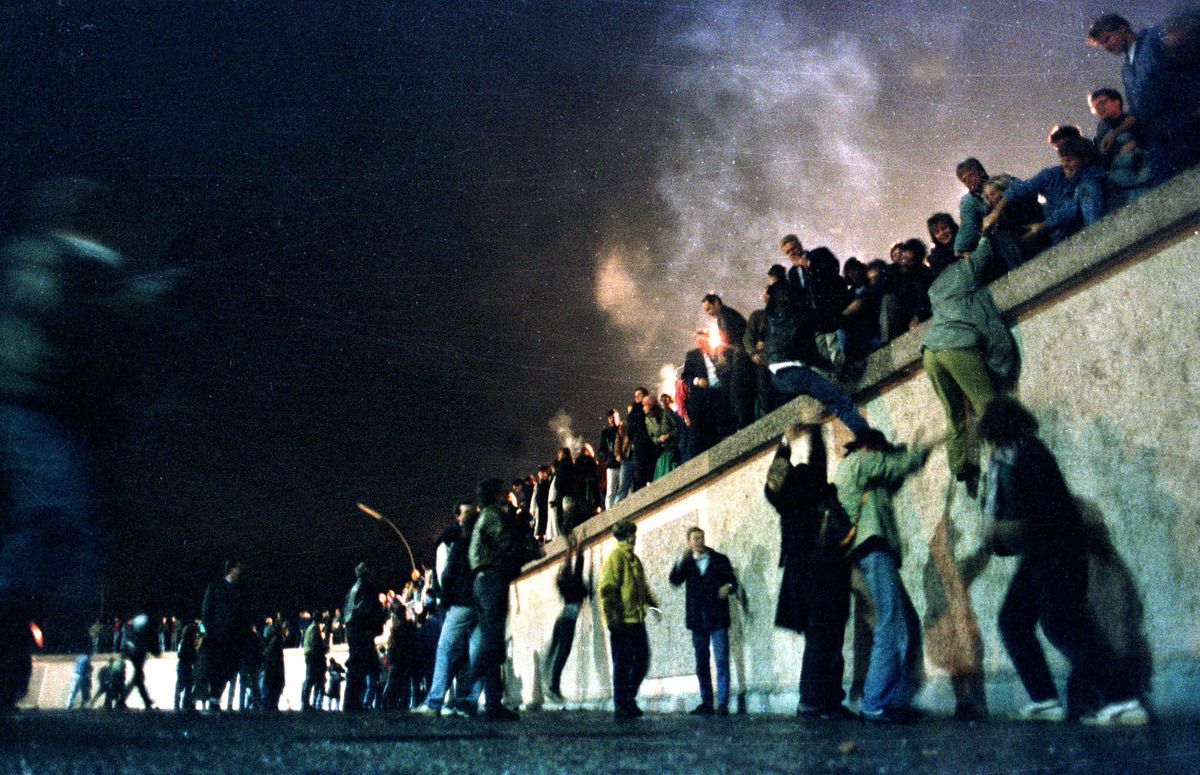57: Three decades after the fall of the Berlin Wall, a majority of Germans in the former communist East say they feel like second-class citizens. Fifty-seven percent reported feeling marginalized and inferior, which could explain the surge in their support for the far-right Afd party.
10: While the global population is expected to swell over the next thirty years, the population of Eastern Europe is spiraling in the other direction: the 10 fastest shrinking countries are in that region, according to the United Nations. A major cause of population decline is the lack of economic opportunity that's causing many young people to pursue education and jobs in wealthier Western Europe.
30: Majorities in both East and West Germany view reunification favorably, yet few believe that living standards in both are equal. Thirty percent of Germans say the East has not achieved equal economic footing with the Western part of the country, but statistics show that thirty years post-reunification, the East is actually on course to catch up economically.
35 million: Today, there are roughly 35 million Germans who were born after the fall of the Berlin Wall and know about the country's division only from anecdotes and history books.



















